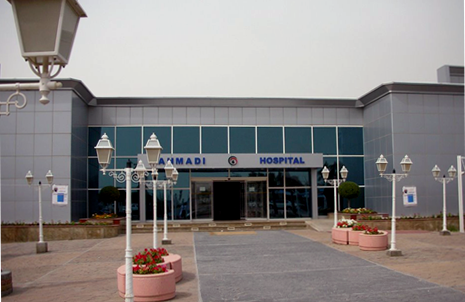DOLE Undersecretary Bernard P. Olalia said Mikio Shimoji headed the delegation that apprised POEA officials on their proposal to adopt a separate framework apart from the existing Japanese immigration rules on nursing care in view of the projected need for high quality nursing care resulting from Japan’s ageing population.
Olalia, presently the POEA officer-in-charge, said the group believe some provisions in the existing Economic Partnership Agreement (EPA) between the Philippines and Japan that restrict the entry of more foreign care workers into Japan should be relaxed to help address its shortage of health workers.
Japan has been accepting a limited number of nursing and care work trainees from the Philippines since 2009 under the Japan-Philippines Economic Partnership Agreement (JPEPA). Japan also has economic partnership agreements with Indonesia and Vietnam.
Under JPEPA, qualified applicants learn Japanese language and culture, undergo professional training in Japanese health facilities, and then take the Japanese licensure exam in their respective profession. Candidates who pass the national board examination are eligible to work in Japan indefinitely, renewing their residence status every three years.
Shimoji said Okinawa has hospitals and facilities ready to accept fifty (50) caregivers for 2017 and the demand is projected to increase over time as the population declines, giving Japan an old-age society where demand for nursing care will be greater.
[Related: POEA hiring 600 nurses, 150 caregivers for Japan]
In the proposal, the 6-month preparatory Japan language training will be undertaken in Japan and not in the Philippines. The delegation believe direct access to and actual interaction with Japanese nationals in communicating under a Japanese language education program will be much more effective in achieving a high-level work and language ability.
This will eventually contribute to passing the required licensure examination. The language training component will have four (4) hours of work and four (4) hours of language training in day.
The delegation also wanted to expand the scheme to include fourth (4th) generation Japanese descents and bring them to Okinawa for training as caregivers.
Olalia said he welcomes any alternative way to ease recruitment and deployment of nurses and caregivers to Japan. He expressed willingness to pursue the proposal and recommended to sit down with the representatives of the Japanese government, especially of Okinawa, to discuss the program details and draft a Memorandum of Understanding.
Shimoji said Okinawa will identify facilities that are available and the language education program in Japan.
Both parties decided to assemble a small group of POEA officers and delegates from Okinawa to work on the details of the proposal to facilitate a faster and easier deployment scheme for Filipino caregivers to Okinawa.
Since the implementation of the EPA in 2009, 506 nurses and 1,403 care workers were already deployed to Japan with 106 nurses and 176 caregivers passing the board examinations. [via POEA]





0 Comments